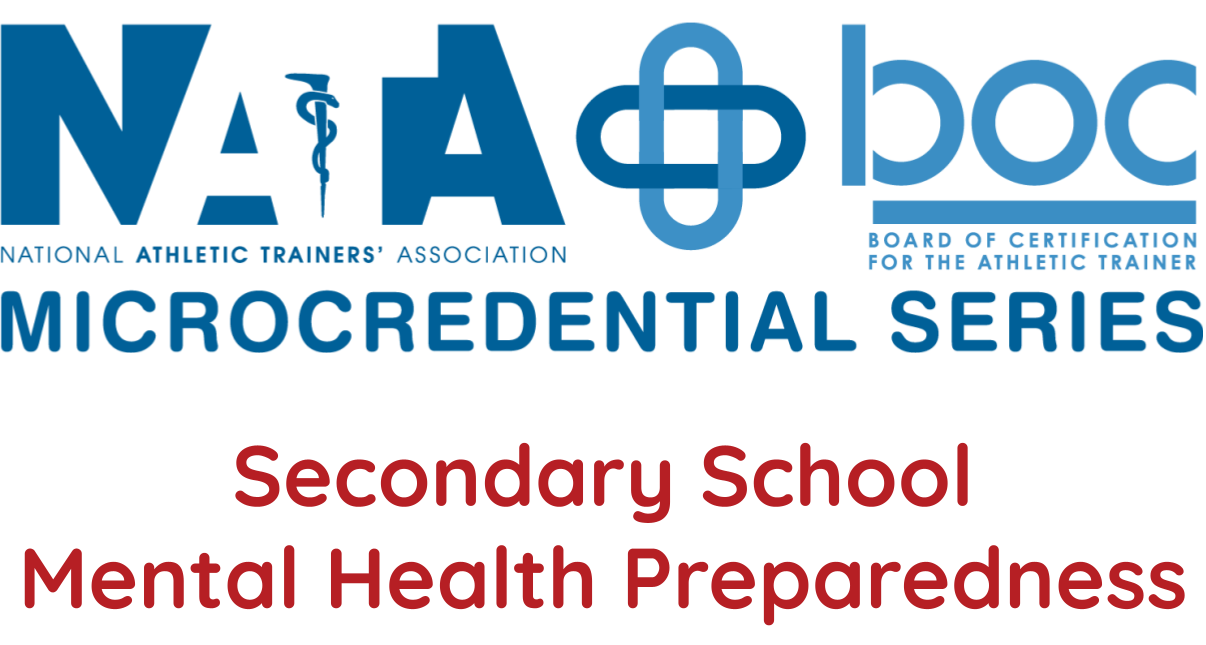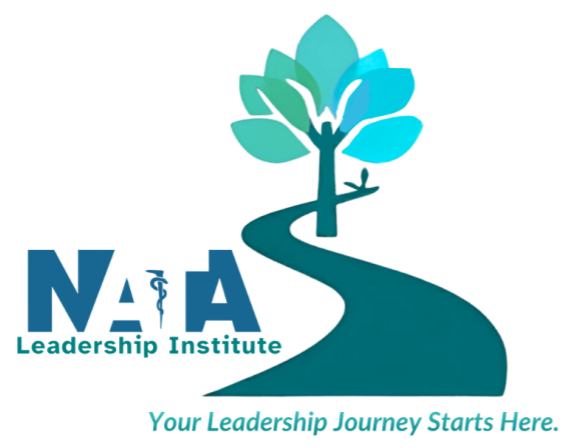
Post-Concussion Sleep Disturbances Throughout Concussion Recovery
-
Register
- Non-member - $18.75
- Member - Free!
- Student - Free!
- Staff - Free!
- Certified Student - Free!
- Retired - $11.25
Abstract:
Sleep is necessary in the maintenance of cognitive functions and may serve as a key factor in brain injury recovery. Up to 70% of concussed individuals report sleep disturbances and daytime sleepiness, but sleep is not commonly managed post-injury. This may be an important missing piece in concussion management, since abnormalities in sleep components such as duration, quality, and efficiency may negatively impact symptoms, cognition, and balance post-injury. Understanding associations between sleep and recovery could have a significant impact on clinical management as sleep is not accounted for in current assessment batteries, and may be a critical variable in treatment.
Objectives:
- Participants will be able to recognize the importance of sleep in healthy individuals and analyze the prevalence of sleep disturbances and daytime sleepiness following concussion.,
- Participants will be able to identify common subjective and objective measures used to assess sleep in concussed individuals.,
- Participants will be able to access current literature detailing sleep disturbances post-concussion and interpret how findings are being utilized in clinical management.
Level:
Essential
Domains:
Domain 2: Assessment Evaluation and Diagnosis
Domain 4: Therapeutic Intervention
CEUs:
0.75 Category A
Keywords: concussion, post-concussion, brain injury, recovery, sleep, cognition, concussion management, sleep disturbance
Enhanced Access On-Demand Course Expiration:
Access to this course will expire at the end of the membership year on December 31 at 11:59 p.m. CST.
For full details, refer to the Expiration Date Policy on our FAQ page.
Nicole Hoffman, PhD, ATC
Dr. Hoffman is an Assistant Professor and Licensed Athletic Trainer in the Department of Kinesiology at Michigan State University, with a primary instructional focus on the professional Master of Science in Athletic Training program. Hoffman’s research interest and area of expertise surrounds post-concussion sleep and mental health and the influences on concussion recovery in young adults. Primary techniques include subjective questionnaires and wrist-worn actigraphy to capture both sleep quality and quantity. Notably, her expertise has gained the attention of the public, where her research was featured on the WTVP-TV Talk Show in Central Illinois. In 2022, she was an invited guest speaker for the NCAA-U.S. Department of Defense Grand Alliance Concussion Conference, which led to an NCAA feature aiming to educate clinicians, student-athletes, and coaches on the importance of improving sleep following concussion.


